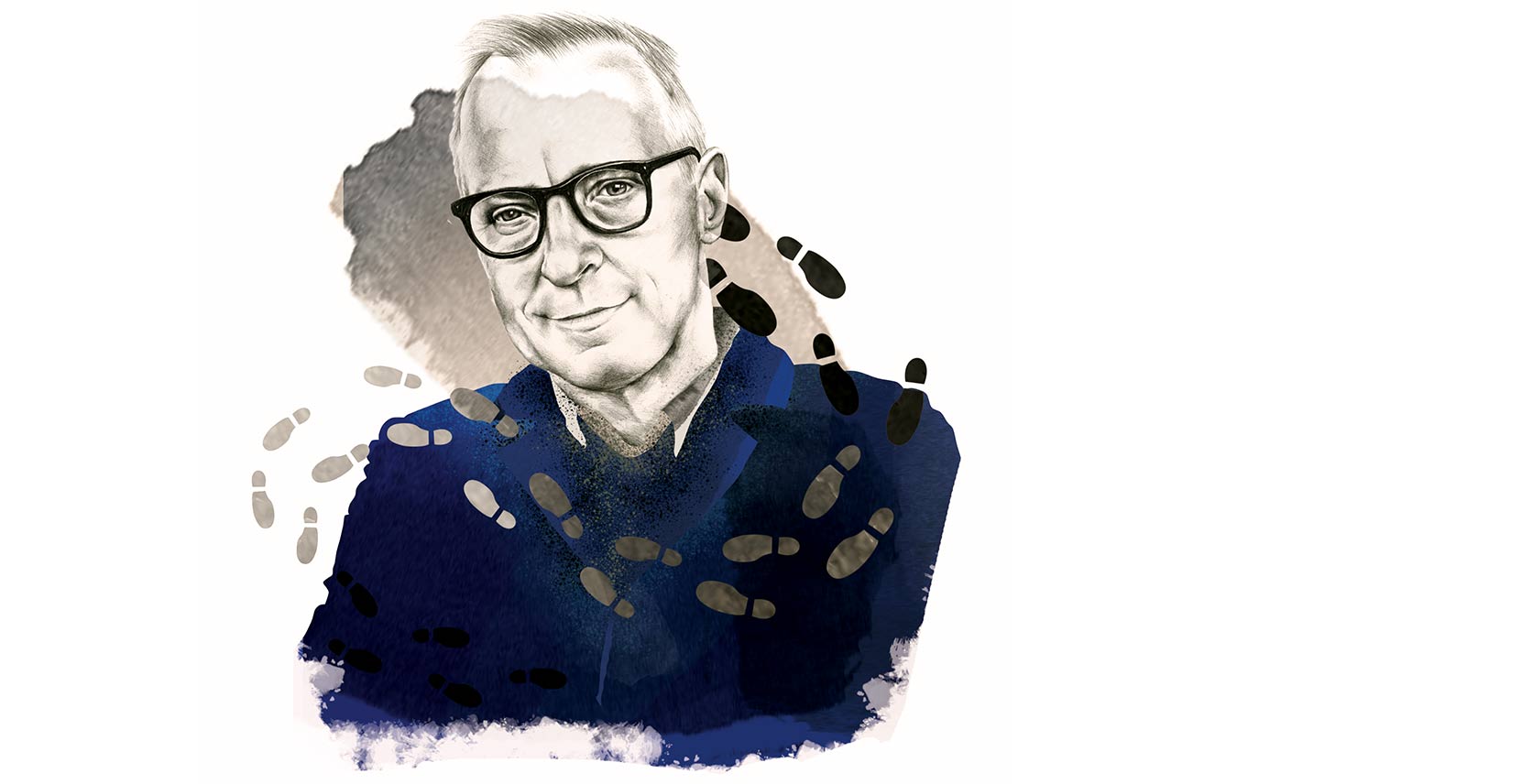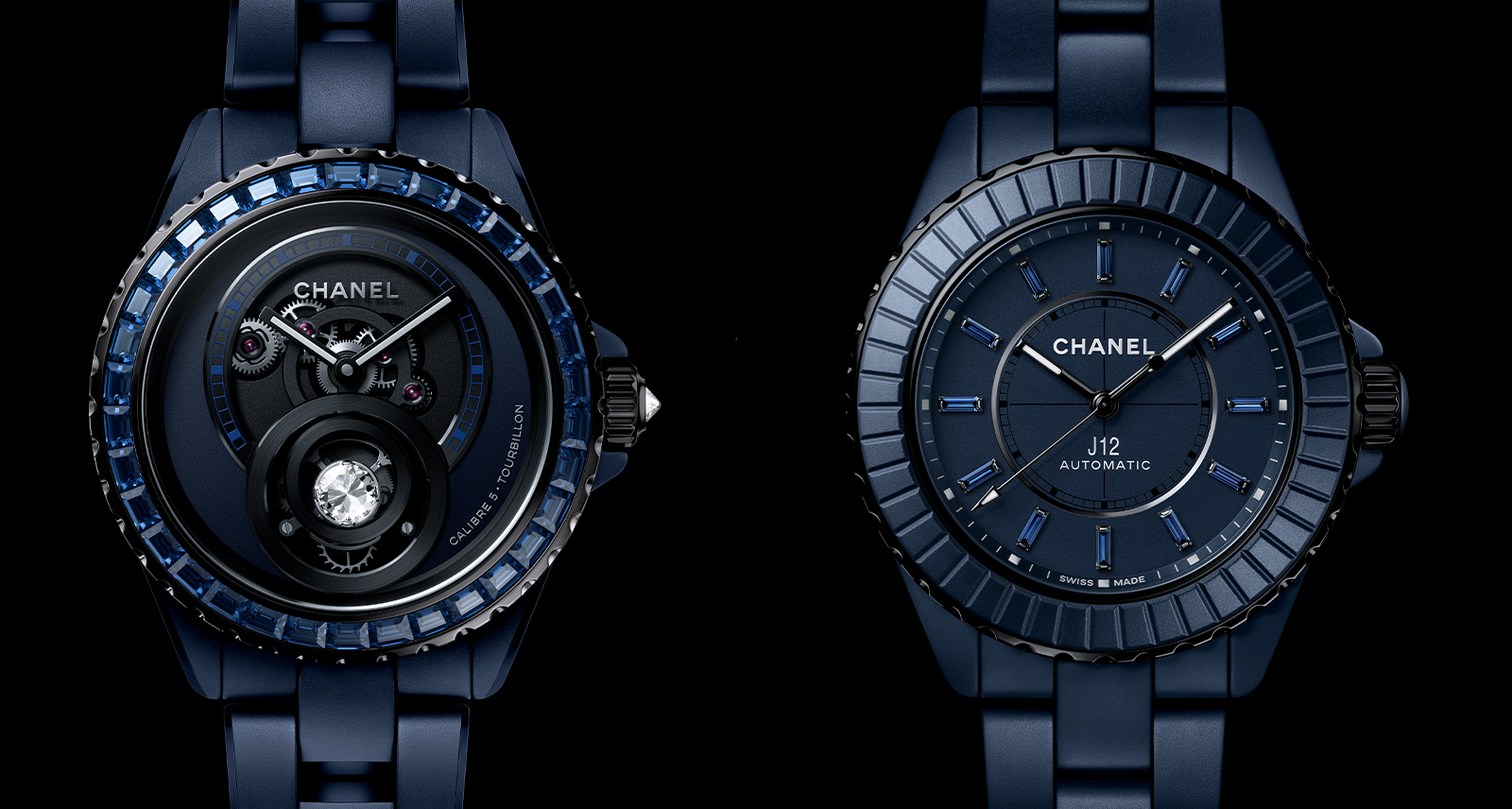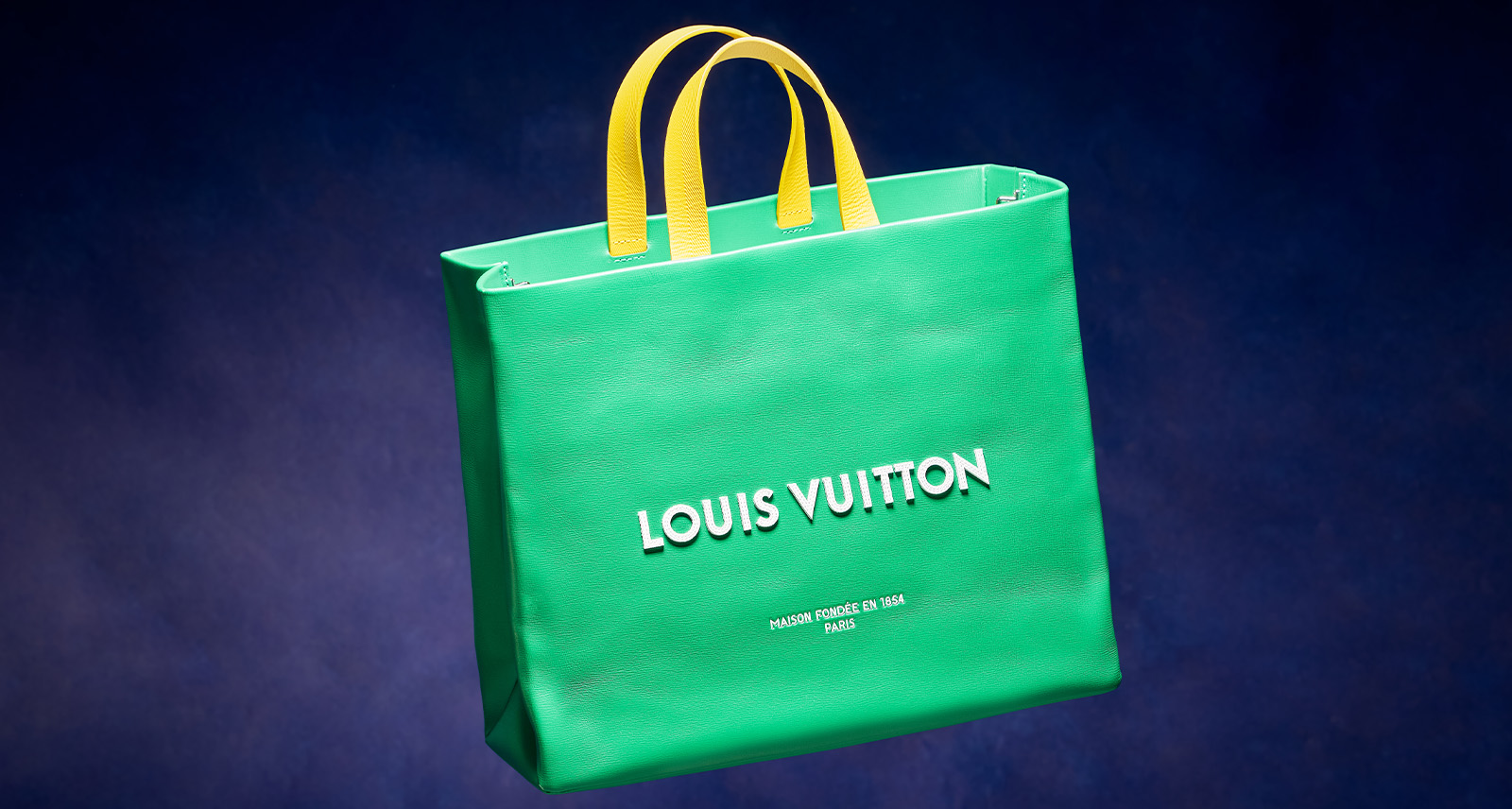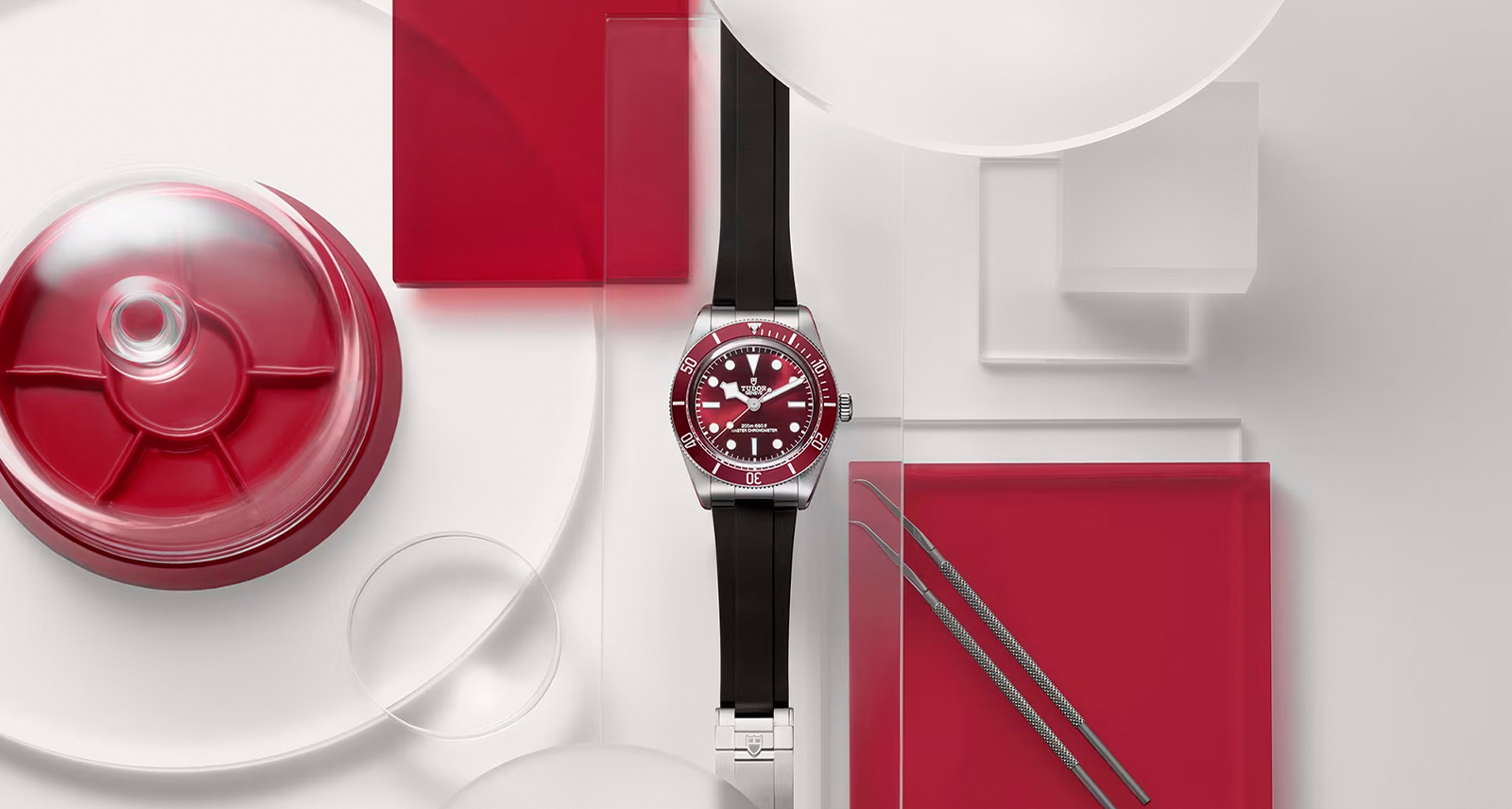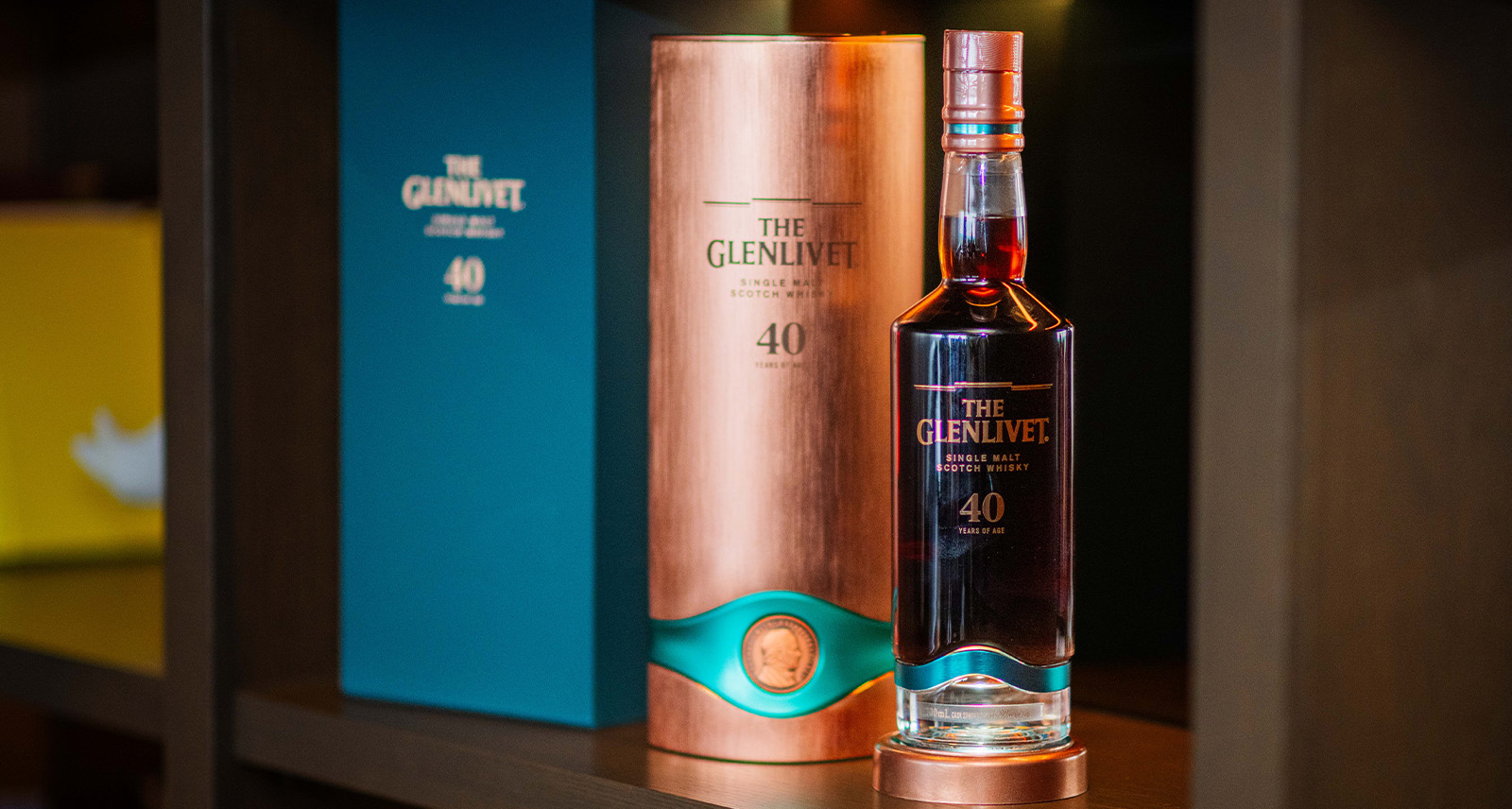David Sedaris on Struggle, the Dark Side of Humanity, and Being Really Rich
Famous authors, like famous actors, are frequently disappointing as people. They may be luckier, or more intelligent, or get invited to better parties than the rest of us, but their lives aren’t necessarily more interesting. This is clearly not the case for David Sedaris, who has turned the unusual events of his autobiography into an oeuvre of hilarious, poignant essays that have made him deservedly rich and famous. While previous works explored his oddball childhood in North Carolina and his bizarre encounters as a struggling young writer, Theft By Finding: Diaries 1977-2002 (Little, Brown & Co) is a behind-the-scenes tour of those experiences, filling the gaps between them with even more strange, endearing detail.
The book charts Sedaris’ journey from broke, meth-smoking performance artist in Raleigh to world-famous author (at least among the New Yorker crowd), stopping along the way to describe stints as a fruit picker, rock polisher, house cleaner, and department store elf. The result is a surprisingly intimate portrait of someone who has made a career of sharing the intimate details of his life. From Hawaii, his latest stop on an ongoing speaking tour, Sedaris talked about taking (a lot of) walks, being famous, and eating eggs for dinner, which, unsurprisingly coming from him, was all pretty interesting.
How’s Hawaii?
It’s Hawaii… all I really care about is walking and satisfying my Fitbit, so that’s what I do. I just walk around. I walked 15 miles yesterday.
Wow, that’s a good walk.
When I’m home I’m more 18 to 22. My record is 72,000 steps.
That’s a lot of steps…
[Laughs] Yeah. Four of my toenails have fallen off since I started the walking. If you looked at my bare feet right now you’d scream.
Why do you enjoy walking so much?
I’m just compelled to do it. I listen to podcasts and audiobooks, so it’s not wasting time. I learn a lot. Exercise-wise it’s really the only thing that suits me.
In the diary we see you quit drugs, then alcohol, and then smoking — does this interest in exercise fit into that chronology?
I think it fits in more with my history of obsessions. Now I have an Apple Watch in addition to a Fitbit, and I’ve a perfect record for what’s now been about 230 days, so I can’t stop. On Christmas Day I fell off a ladder from a height of about six feet. I broke all of the ribs on my left side, and I bashed my hip up pretty strongly but I thought, Goddamnit I’m not going to ruin my perfect record, and I still went out and walked nine miles.
You think it’s more of a pathological thing?
It’s a mental illness. I’ve always been this way but at least now I’m able to channel it for the better. I mean I think it’s probably better to write every day and to walk every day than it is to do meth every day or to spend the day catching flies and feeding them to spiders, which is something I did for a while.
“If I were to go out today and I were to see somebody helping someone across the street, and then I see somebody beating a dog to death — and I could only write about one thing — I would write about the dog being beaten to death.”
As an American who lives in the UK, you get both Trump and Brexit. Did you get depressed after the election?
I really did. But then I thought to myself: whatever I’m going through Cher is going through, and for some reason that helped me. And I still think that: I’m not alone, I have Cher. I don’t know her, but it makes it easier to know that. Obviously a lot of people are feeling what I’m feeling, but among them is Cher.
There are a lot of dark observations about humanity in your diary. Is that a reflection of the way you see the world?
I think a diary kind of teaches you what you’re interested in. And I’ve always been more interested in bad behaviour than good behaviour. Like, if I were to go out today and I were to see somebody helping someone across the street, and then I see somebody beating a dog to death — and I could only write about one thing — I would write about the dog being beaten to death. Because that’s just more captivating to me. It doesn’t mean I want the dog to be beaten to death; it doesn’t mean I want to promote dogs being beaten to death, I think it’s just that I have an eye for that more than for goodness.
The book documents the years you spent broke, living in bad neighbourhoods, in a lot of detail. Do you miss anything about struggling?
It always sounds so false when you say to young people that they’re in such a fantastic spot exactly where they are, and they’re thinking, “Well no, I’m struggling. I’m eating omelettes with rice in them and I’m writing and nobody cares.” But I wouldn’t take any of that back. I mean, it’s nice having money so you don’t have to eat omelettes with rice in them, but I never had such close friends as I did when I lived in Chicago. And I don’t think I ever will again. Every weekend it was something… someone would have a party and you’d come home at six o’clock in the morning. Taking a lot of drugs together and putting on shows together… it was just such a wonderful time.
Struggle can be hard to appreciate when you’re in it.
If it’s so bad that you give up, yeah, that’s going to be a problem, but I guess I never expected anything to kind of happen overnight. And I was more surprised than anyone else when it worked out for me. Because it doesn’t make any sense. I know plenty of people who are better writers than I am. All my life there were people where I thought, ‘That person’s going to be famous!” And I was wrong every single time.
Of your contemporaries in those days, are some of them still trying to make it big?
You know it’s funny, I feel like the most ambitious people I ever knew when I was growing up, it didn’t work out for them. So they’ve all gone from one eastern religion to another, some of them are born-again Christians now… it’s a way of finding peace with the disappointment. But I know other people who were artists, doing stuff back in the 1980s in Chicago, and they don’t have work being resold at Sotheby’s, but they’re still the same people that they were, and they’re still working. They get better and better, but they didn’t necessarily say to the world, or say to themselves, “This is my goal and I’m going to be here by this point.” Because you really set yourself up that way. I never did that to myself. I never said, “If by this age this hasn’t worked out…” because what would Plan B be?
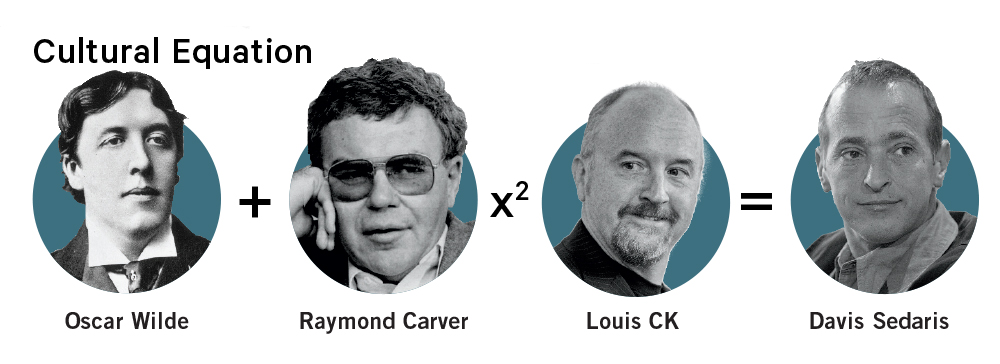
Do you think it’s a bad idea to tell kids that they can be whatever they want?
It’s interesting. I have a friend who’s black and teaches college and she was saying how that’s, like, a micro-agression, to say to people, “If you work hard you can have whatever you want.” Because it’s a lie. I think it’s really important to feel that way, though… I mean, because if you didn’t feel that way why would you even try?
I remember when I moved to New York there was this woman I knew in Chicago, and she wrote to me and said, “You need to give up. Because it’s just not going to happen for you and you need to face that.” I’d never say that to somebody… I’d never shit on their dream like that. What’s interesting is, what did she think I was going to do? Because you don’t get up every morning and write, for what was at that point 15 years, and then quit. It’s just such a part of who you are. It’s you. You can’t quit being you.
You started off writing fiction. Is that something you still do?
Yeah, I was just [on tour] in Seattle and Los Angeles, and I read the opening chapter from the novel that I’ve been working on. About a guy with really big nipples.
Is that an essential plot point or just an interesting detail?
It’s just who he is: he’s got really big nipples. You know, you’d always see in gym class or something, that one guy with really big nipples, and I just wondered what it would be like to be that person. And I know somebody who had really big nipples when he was in high school and he had an operation, and he’s so much happier now.
Do you think that people are good?
Yeah I do. When I lived in Chicago I lived in this horrible neighbourhood. And every day you could see a man beating up a woman. Or you could see someone breaking into a car. Or you would see women passed out drunk on the sidewalk. And during the time I lived in that neighbourhood my outlook grew increasingly bleak. I think that was the only time in my life that I did feel that people were basically cruel and stupid. But I don’t feel that now. It’s funny, I moved out of that neighbourhood, and my outlook brightened that day… but it made me think about people who can’t move out of that neighbourhood. It was pretty much everything my parents ever warned me about: if you don’t go to college, if you don’t get a job, what’s going to happen to you. And everything I saw in that neighbourhood is pretty much exactly what they were talking about.
Is there anything bad about being really rich?
[Laughs] Gosh. No. It’s actually as good as I thought it was going to be. It’s just exactly as good as I thought it was going to be.
That’s terrific.
I think it’s good to know, because you hear all these horror stories… you know… when you get [money] and you realize you’d have been so much better off without it. That’s not how it goes. I mean… I’m trying to look for a downside and I just don’t see one.
